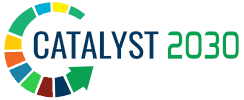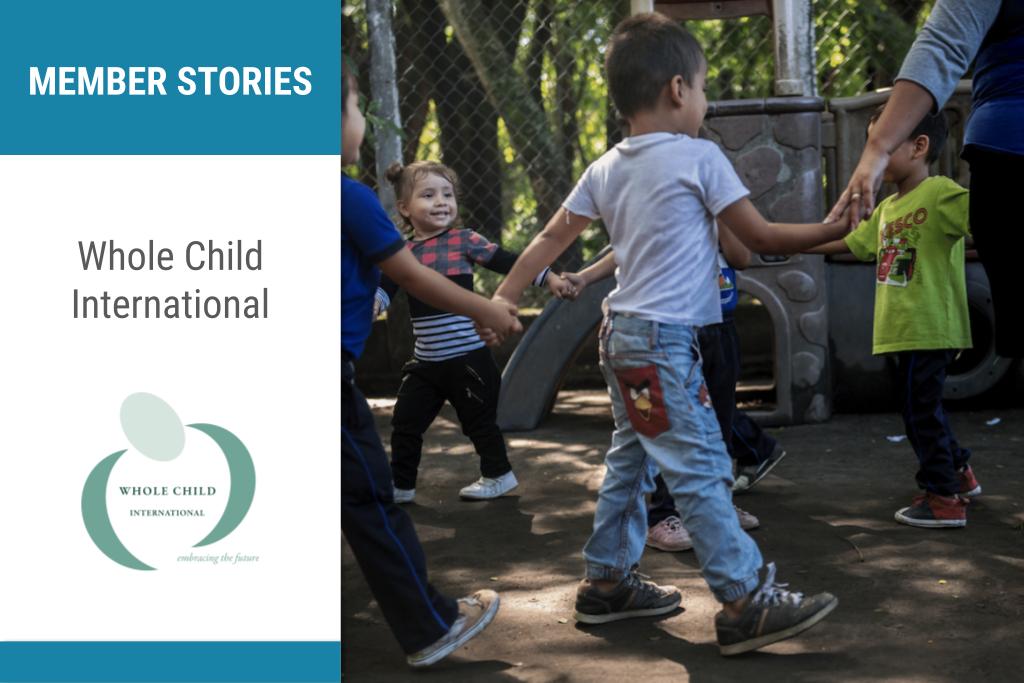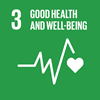
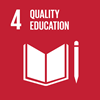
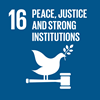
Catalyst 2030 member Whole Child International serves vulnerable children in under resourced care settings who suffer from a lack of stable, nurturing relationships. We work on the broader childcare system which encompasses child protection and early childhood care and development. Our flagship project operates in El Salvador, which is a very challenging environment, having the highest homicide rate for children and adolescents of any country outside of an active war-zone. Many Salvadoran children live in situations of high vulnerability due to extreme violence related to gangs, drugs, and crime.
Whole Child International has been in operation for 17 years, since May 2004, and employs 30 people.
Social entrepreneurs are known for finding solutions for society’s problems. What is the problem you are addressing, and what is the solution?
Millions of vulnerable children around the world suffer from a lack of stable, nurturing relationships in low-quality care settings. This is particularly true for children in developing countries growing up in residential care and those from low-income families who spend the majority of their day in early childcare centres. These children’s social emotional needs are often not met, resulting in damage across all developmental domains and long-term adverse outcomes that reinforce the cycles of violence, poverty, criminality, and child abandonment through generations.
Whole Child International’s program improves outcomes for children by putting high quality relationships and interaction at the heart of childcare. This is an objective that is possible even in the most resource constrained childcare settings.
Whole Child’s work is systemic, focusing on building capacity within local institutions, with a country’s existing government infrastructure of decision-makers and supervisors being our central focus. In addition, we train and mentor local academia, centre directors, and caregivers in early-childhood centres, residential care centres, and foster care programs. All aspects of the program are co-created in partnership with the relevant local stakeholders.
Within residential care centres, in addition to the implementation of best practices, we work collaboratively to encourage the expansion of the breadth of their services to include family reunification and support, running small-scale foster programs, and appropriate monitoring. This leverages existing resources within the existing residential-care community while safely reducing the number of children outside of family-based care.
Whole Child International’s program is currently being brought to scale nationally in El Salvador with a five-year grant from USAID. In addition, we are working with our research partners at Duke’s Global Health Institute and the government of India (National Institute for Transforming India, NITI) to explore taking the Whole Child program to India, and have completed the first phase of R&D in India in May 2020.
What do you see as the benefit of your Catalyst 2030 membership?
I very much enjoy learning from other members about their experiences of supporting local governments and other partners to achieve goals in a co-creation approach. It is wonderful to connect with other like-minded people on a similar journey.
Are you collaborating with any other Catalyst 2030 members?
Many, mostly on larger overarching goals around changing the way social change is funded.
I have been working with colleagues from Skoll and Ashoka on a funder diagnostic tool. We took the Embracing Complexity Report, which is the paper we collaboratively wrote as a community to describe the problems with the current funding structure, and developed a self-assessment tool for funders to be able to see how well the way they fund will support systems change.
I’m also involved in the Catalyst 2030 Awards that came out of the Embracing Complexity Report and the tool for funders. The awards are a way of highlighting the work of funders who are embodying these practices.
That’s been a lot of fun.
I’ve also been hugely supported by one Catalyst member in particular at the beginning of the pandemic. We were suddenly faced with the reality of having to pivot our program and support to an online model. I was put in touch with Anand Arkalgud from Socion, who had a huge amount of experience with online learning and training. The time he took to share his knowledge was invaluable to the success we have had during this period. We couldn’t have done it without him. I wrote about this in a journal article that was recently published in the Journal ZERO to THREE.
